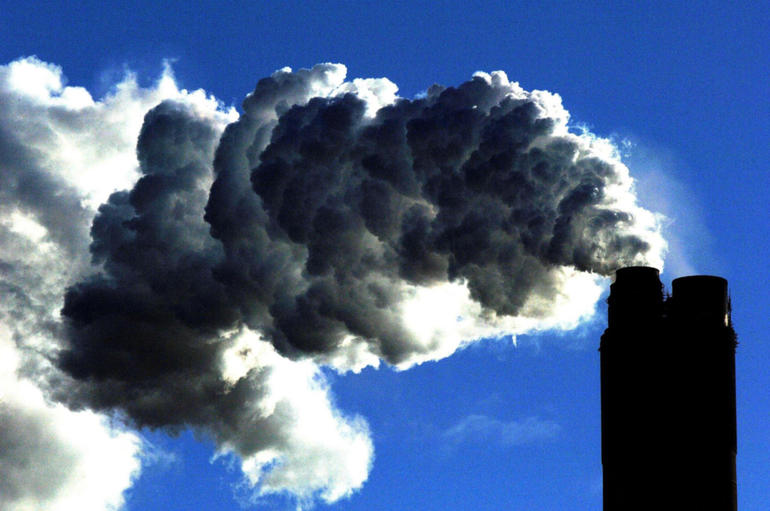Foreign Secretary Boris Johnson has signed the Paris Agreement, which commits countries to limiting global temperature rises to "well below" 2C over pre-industrial levels and pursue efforts to keep increases to 1.5C.
More than 100 countries have already ratified the deal, which came into force earlier this month, and the move by the UK was welcomed by campaigners amid concerns the election of Donald Trump as US president could put international climate action at risk.
Andy Lester from the Christian charity A Rocha told Premier: "It's a case of better late than never.
"We were a little bit concerned that he wasn't going to sign so that fact that he's signed today is indeed good news.
"It does put some upward pressure on a number of remaining countries who are yet to sign.
"We are encouraged by the signature."
The UK's ratification document is now being sent to the United Nations in New York.
In order to meet the Paris Agreement's temperature limits, the world will have to reduce greenhouse gas emissions to net zero in the second half of the century, which will involve huge transformations in global electricity, transport, heating, agriculture and industry.
Tearfund's Advocacy Director Paul Cook said: "We congratulate the UK Government on ratifying the Paris Agreement - this is a historic moment, which we, and our supporters have campaigned for tirelessly.
"Tearfund works with some of the world's poorest people and we have seen first hand how climate change destroys their lives, businesses and futures.
"It is essential that the Government now forms a concrete and ambitious plan to reduce emissions and keep global temperature rises to 1.5 degrees."
President-elect Donald Trump has previously claimed global warming was a hoax made up by the Chinese to make US manufacturing uncompetitive, and has promised to boost polluting coal and pull out of the Paris Agreement.
But other countries, leading businesses and US Secretary of State John Kerry have all warned in the past few days of the need for urgent action to support the shift to a low-carbon economy and avoid the dangerous impacts of climate change.





